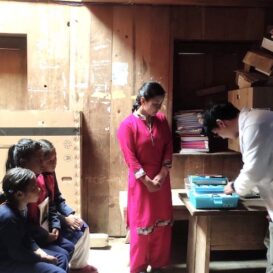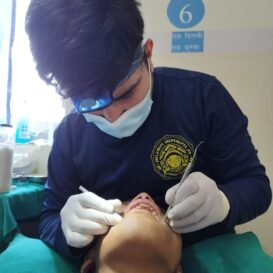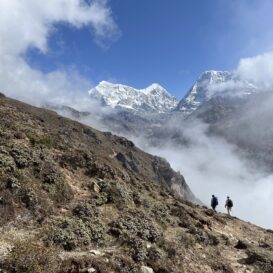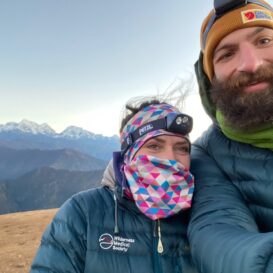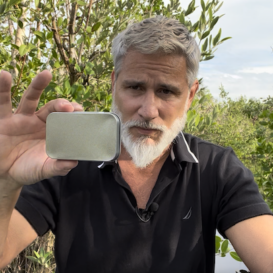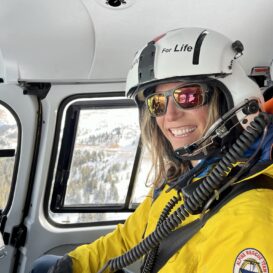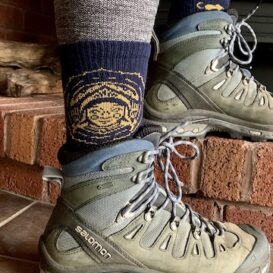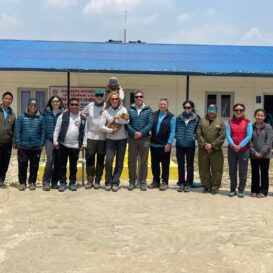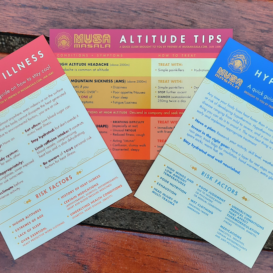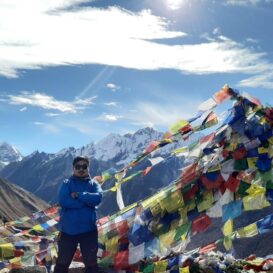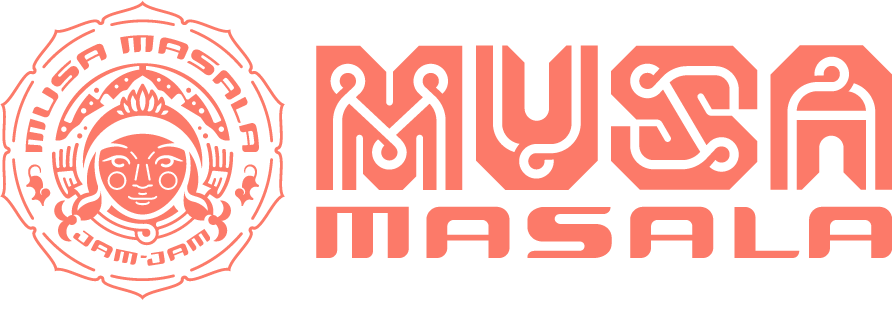Enviromedics: The Impact of Climate Change on Human Health, is the title of a book released in 2017, written by Paul Auerbach and Jay Lemery. Both emergency department physicians and avid outdoorsman and past presidents of the Wilderness Medical Society (Dr. Auerbach is one of the founders), these two practitioners were in a unique position to see the changes not only to the environment, but how those changes were affecting their patients in the emergency room.
Dr. Auerbach realized, as quoted in an article for Stanford University, “We don’t see the world moving fast enough to protect the planet, so perhaps by moving the discussion to human health, we can hasten some sort of reasonable response.”
We asked Dr. Auerbach, who has been a great friend to Musa Masala, to answer a few questions about Environmedics. We’re happy to share his answers with you, along with links to the Enviromedics website and where to buy the book. In our Recommended Reading section, you also can find Dr. Auerbach’s definitive guides to medicine in the outdoors and wilderness medicine. Thanks for taking the time, Paul, and to both you and Jay, for this timely, important book.

What was the lightbulb moment, what inspired you to write Enviromedics?
Jay Lemery released his textbook and I realized that its readership among decision makers (eg. politicians), would be limited. Much as wilderness medicine needs medicine for the outdoorsman to take it to a lay level, I thought we needed to do the same with Enviromedics.
In your book are you asking for environmental factors to be included in a patient assessment? The scenarios at the beginning of each chapter seem to show the importance of this.
All the social determinants of health should be part of a patient’s history. This includes the environment.
We really like the personal narratives near the end of the book, where young activists talk about their experiences. How did this come about? Was it a big reason for writing the book, to shake the tree of the next generation?
We wanted to end with a semblance of hope, and get young people involved. The next generation is already shaking the trees.
Many of our readers are medical professionals. Your book can give them many ideas to think about. Can you say something directly to them?
Be compassionate, take joy in what you do and pay attention to the influence you have to protect the environment and make the world a better place. Of course, take good care of patients.
How about all of our non-medical friends?
Medical or non-medical, we will all experience the same climatic changes, so we are in this together. Learn, react, respond and act.
With the COVID-19 pandemic, we are seeing not only a portion of the book come to the forefront of our world, but it is almost as if the book has just landed on top of us! The cascade effects of the pandemic, weather, food and supply scarcity, mental health and predisposing patient histories. One thing not mentioned in the book seems to be the government’s reaction, or lack of reaction, a failure to act, to an event of this proportion.
We tried to avoid politics because it is a sinkhole for authenticity. COVID-19 has pointed out many flaws in government and our health system. For the time being, it has diverted attention away from climate change, which is too bad. Because regardless of other externalities, climate change appears to be relentless and worsening. Sheltering in place might contain the spread of a virus for the time being, but it is making people less motivated to get busy with the essential tasks required to deal with climate change. Get back to work!
Environmedics: The Impact of Climate Change on Human Health, is an excellent text. Is it being used by many schools?
It is being used in many courses around the U.S. in Environmental Science and medicine. Send it to your local, state and federal legislators!
Great idea. Pick up a copy of Enviromedics: The Impact of Climate Change on Human Health on Amazon or Barnes & Noble. Buy a few and send ’em to the people in charge. Thanks, Paul!

Paul Auerbach, MD, is a Redlich Family Professor in the Department Of Emergency Medicine at the Stanford University School Of Medicine, and Adjunct Professor of Military/Emergency Medicine at the F. Edward Hébert School Of Medicine of the Uniformed Services University of the Health Sciences. He is a founder and past president of the Wilderness Medical Society And Elected Member Of The Council On Foreign Relations. Dr. Auerbach is editor of The Definitive Textbook Wilderness Medicine and author of Field Guide To Wilderness Medicine and Medicine for the Outdoors. He was the founding co-editor of the Journal Wilderness & Environmental Medicine and is one of the world’s leading experts in Wilderness Medicine and Emergency Medicine.

